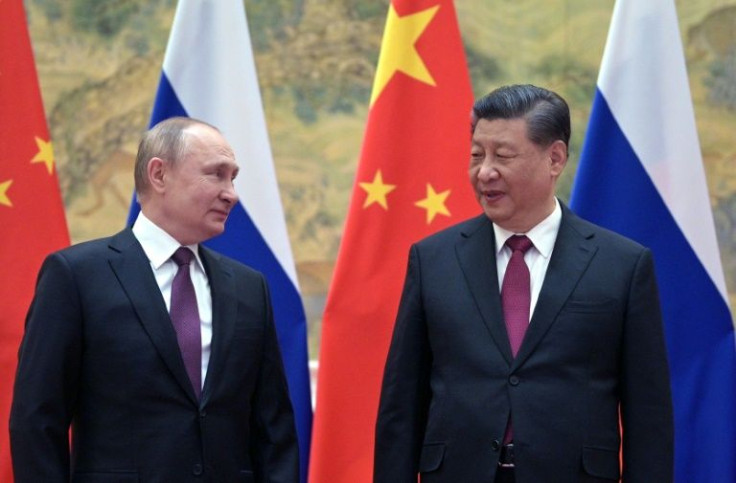Copying Putin? Xi's Order Allowing Non-War Military Operations Raises Concern
KEY POINTS
- Analysts believe Xi Jinping is copying Vladimir Putin's "special operation" language
- Beijing may define a future military intervention in Taiwan as a "non-war" operation
- This may also prompt the PLA to block the Taiwan Strait
Chinese President Xi Jinping's recent signing of an order allowing non-war military operations has stoked fear among analysts who believe that Beijing may be gearing up for a "special military operation" in Taiwan.
Two days ago, Chinese state news agency Xinhua announced that Xi has signed an order to promulgate a set of trial outlines on military operations other than war, which will take effect immediately. Xinhua said the outlines have important meanings for the Chinese armed forces to carry out their duties and missions in the new era.
According to Chinese military experts, this means China can involve in operations that "limit the scale of the use of force like maritime escorts and peacekeeping."
While the Chinese state-backed Global Times was keen to link the term "non-war operations" to Beijing's recent fight against the COVID-19 and anti-pirate activities in Somalia, military analysts said it is a guise to promote and legally legitimize non-war military operations.
The timing of Xi's declaration has also caught the attention of observers, especially after Beijing's outburst against the U.S. "for playing the Taiwan card" and Xi's covert support for Putin.
"I think it's definitely a copy of Putin's 'special operation' language," Eugene Kuo Yujen, an analyst with Taiwan's Institute for National Policy Research, told ABC News. "And after what happened in Ukraine, it sends a very threatening signal to Taiwan, Japan and the surrounding countries in the South China Sea. I think Xi Jinping is trying to enhance China's grey-zone activities," Kuo added. He also believes the order is linked to the recent security pact signed with the Solomon Islands.
Another Beijing-based analyst Wu Qiang too sees parallels between Vladimir Putin's language and his territorial claims to Ukraine. "The way Beijing looks at it, a future mission to unify Taiwan would just be a continuation of the unfinished civil war of 1949," he told the ABC. "So this is about seeking to define a future military intervention in Taiwan as a "non-war" operation."
Wu also believes there is a link with the Solomon Security Pact. "The Solomon Islands pact allows China's military to intervene in future if there's a precarious situation, or perhaps a coup or security issue. So these guidelines are about creating a legal basis for China to intervene," he added.
There are other theories too. Reports, quoting Chinese observers, said the guidelines may embolden the PLA to block the Taiwan Strait by suddenly launching a "non-war military operation" to disrupt the energy supply to Taiwan, Japan and South Korea.

© Copyright IBTimes 2024. All rights reserved.





















